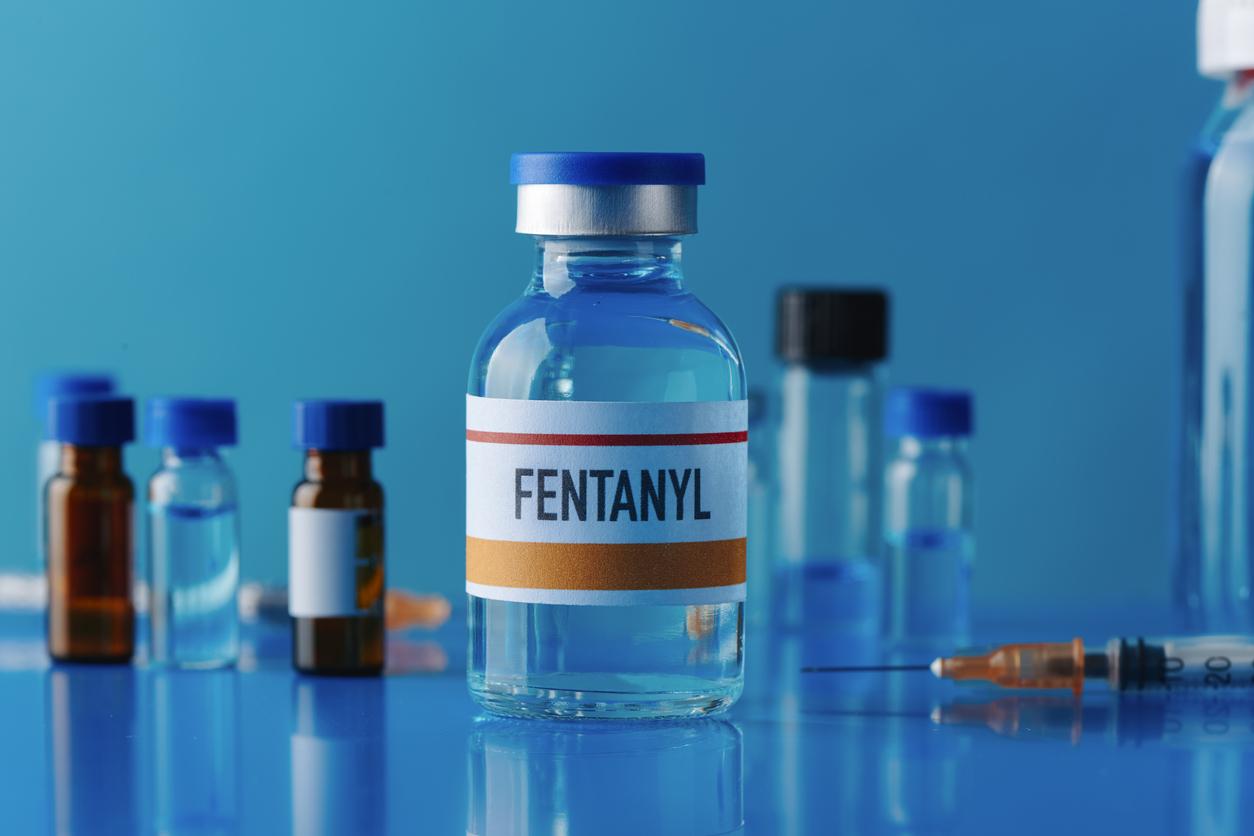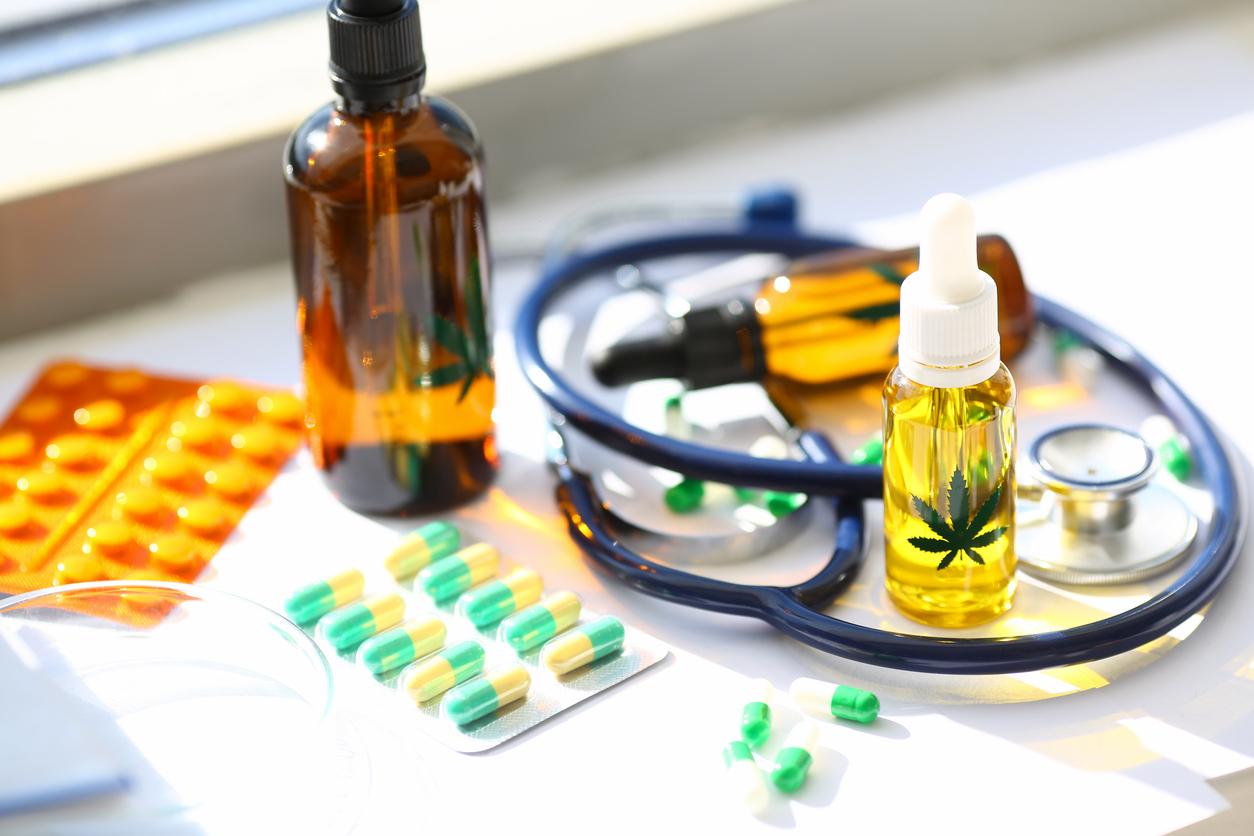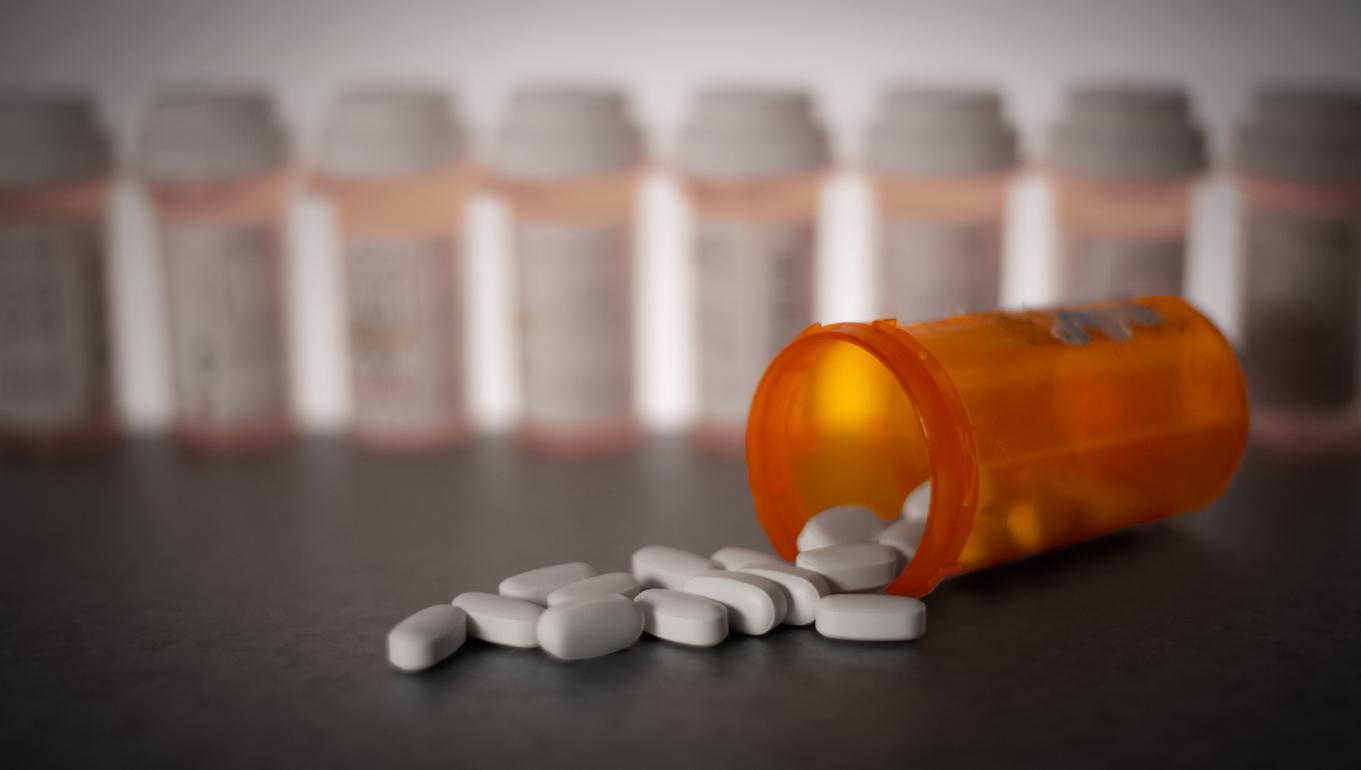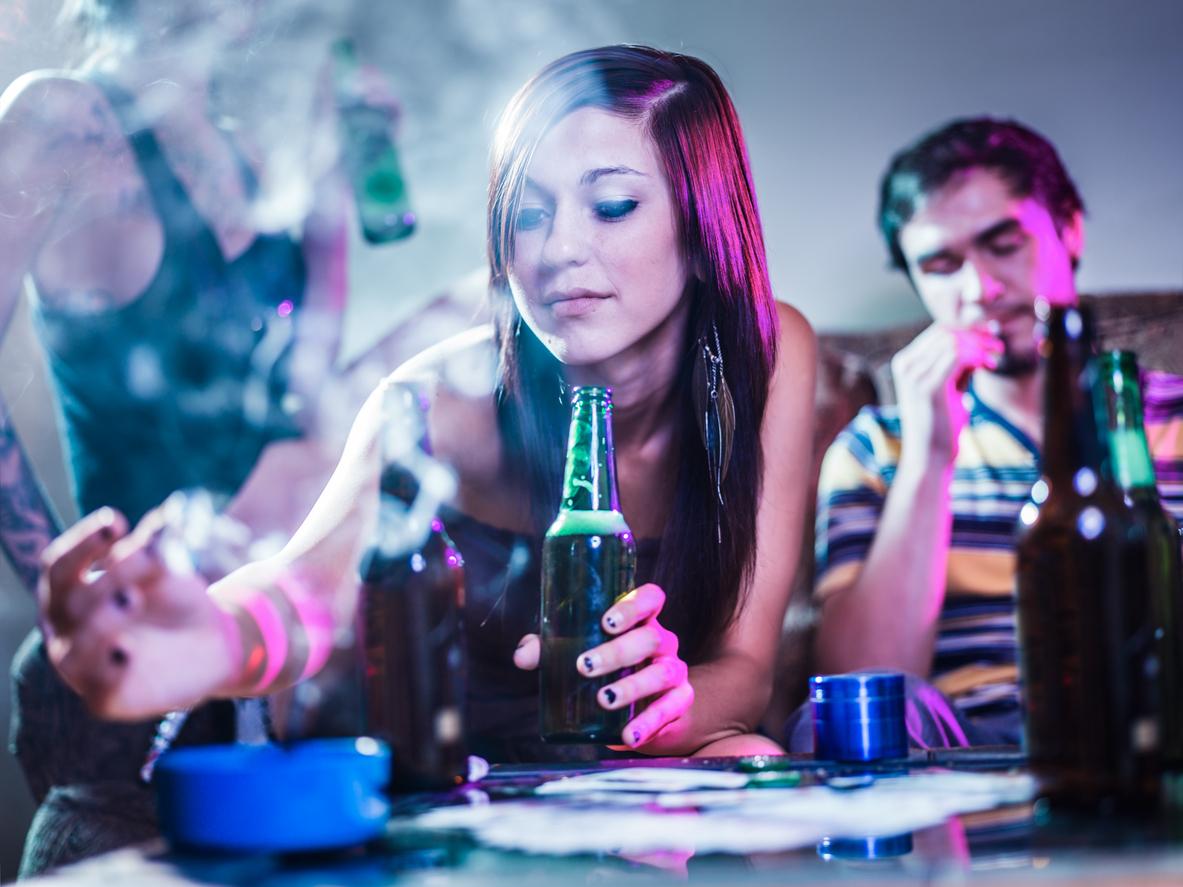A study shows that liraglutide – an anti-diabetic drug similar to Ozempic – would help reduce withdrawal in people dependent on opioids.

- GLP1 receptor agonists appear to help with opioid addiction.
- The group that took liraglutide, a drug similar to ozempic, saw their drug cravings decrease by almost 40%.
- Additional studies are needed to confirm the researchers’ findings.
The anti-diabetes treatment Ozempic, frequently used in the fight against obesity, could also be a tool against addictions. A study, led by researchers at Penn State University, shows that GLP1 receptor agonists such as semaglutide (Ozempic) or liraglutide (Victoza) could help reduce cravings in people dependent on opioids.
The scientists unveiled the first results of their work during the annual meetings of the American Association for the Advancement of Science on February 17, 2024.
GLP1 receptor agonists: they reduce drug cravings
In a previous study, the team from the American university demonstrated that liraglutide could reduce heroin-seeking behavior in rats. To verify the effect of GLP1 receptor agonists on human addictions, scientists brought together 20 people addicted to opioids. Most of them were addicted to fentanyl, a synthetic opioid up to 50 times more powerful than heroin and 100 times stronger than morphine.
Half of the volunteers received increasing doses of liraglutide while the others had a placebo for 3 weeks. They had to answer a series of questions at the same time four times a day, via their smartphone. Among other things, they were asked to indicate their desire to use drugs on a four-point scale.
Professor Sue Grigson, director of the Addiction Center at Penn State College of Medicine in Hershey, who co-led the research, told the British newspaper The Telegraph : “We thought that if Ozempic-like drugs helped people feel less hungry or less motivated to eat, they might help them feel less motivated to take drugs.”
“People in the trial had significantly fewer cravings and were more likely to experience no cravings at all. We felt that was a very positive thing.”she then added.
And indeed, the drug seems to have had an impact on the withdrawal effect. While the average drug craving score was 1.5 in the control group, it was 0.92 for those who received liraglutide. Thus, the desire to take drugs decreases by almost 40% among those who have taken the anti-diabetic.
Dr. Scott Bunce, associate professor of psychiatry at Penn State University, who also co-led the study, told the daily: “This reduction is equivalent to spending two weeks in a very high-quality treatment center, which would cost approximately $15,000.”

Dependence and anti-diabetics: further research needed
While the results are promising, researchers remain cautious. They specify that this is a reduced number of participants. Additional studies are therefore necessary to confirm their conclusions. Furthermore, it is also necessary to check the correct dosage to take during a detoxification treatment. Indeed, several patients dropped out of the trial when they were given higher doses of liraglutide, largely because of gastrointestinal symptoms, including nausea. This is a known side effect of these medications.
The team would also like to test other GLP-1 drugs, which may be more effective and cause fewer side effects, or include people with different levels of addiction.














